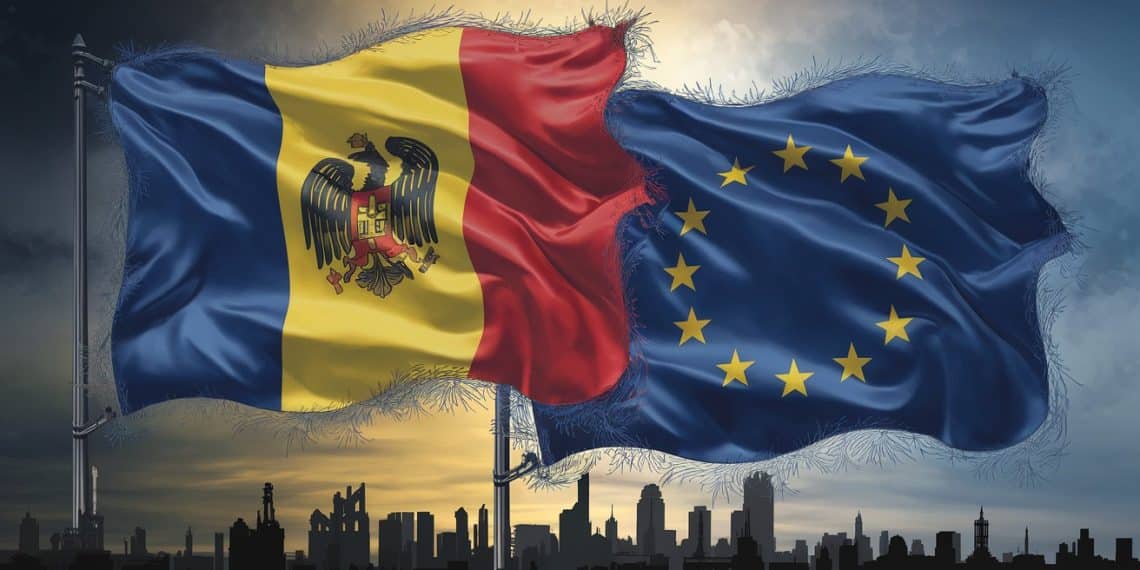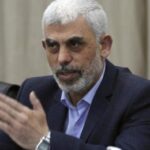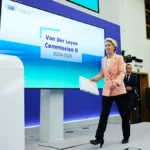In a crucial referendum held on Sunday, October 20, Moldovans were called to decide on enshrining the goal of European integration in their Constitution. After a tense wait, the “yes” vote narrowly prevailed, bringing hope for a future aligned with Western values for this former Soviet republic caught between Russian influence and the allure of the European Union.
Historic Decision Amid Tension
Moldova, which borders war-torn Ukraine and is near NATO and EU member Romania, found itself at a crossroads during this dual vote. Voters were not only electing a president but also determining the geopolitical direction of their country for decades to come.
Despite mounting Russian pressures in recent months, including unprecedented vote-buying schemes revealed by authorities, Moldovans opted to continue the pro-European trajectory initiated by outgoing President Maia Sandu, a leading figure in the pro-Western camp.
A Campaign Under Pressure
Investigators claim that Russia spent at least €15 million on operations aimed at influencing the vote, with oligarch Ilan Shor, who is currently in Moscow after being convicted of fraud, allegedly orchestrating these efforts. Online votes were reportedly traded for between €50 and €100, a significant amount in a country where the average salary is €630.
“The Kremlin is making every effort to subvert the electoral process in Moldova,” stated Josep Borrell, the head of European diplomacy.
In response to these foreign interferences, President Maia Sandu condemned the actions of “criminal groups acting in concert with hostile foreign forces.” The Kremlin has categorically denied these accusations.
Narrow Victory for the “Yes” Vote
After prolonged suspense, the “yes” vote for European integration emerged victorious with 50.28% of the ballots, decided by just a few thousand votes, largely thanks to support from the diaspora. Moscow contested the results, with Kremlin spokesperson citing “anomalies” in the late surge of pro-European votes.
Maia Sandu, bolstered by this commitment to Western alignment, led the presidential election with 36% of the votes but will face her pro-Russian rival Alexandr Stoianoglo, who received 29%, in a runoff on November 3.
A Step Towards EU Membership
This outcome affirms Moldova’s European aspirations, which have intensified in recent years. In June, the country had already officially begun EU membership negotiations, following Ukraine’s lead.
Renowned for her incorruptibility, economist Maia Sandu had previously sought to maintain a relationship with Vladimir Putin. However, since the Russian invasion of Ukraine, she has decisively pivoted Moldova towards the EU, viewing it as the only safeguard against the rising threat from Moscow.
The result of this historic referendum strengthens this direction and solidifies European aspirations in Moldova’s fundamental law. This represents a major turning point for the small nation with a tumultuous geography and history, now dreaming of a future in the West.
This article is originally published on viralmag.fr








